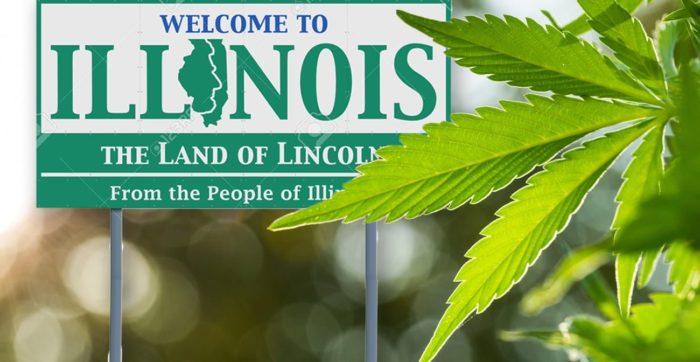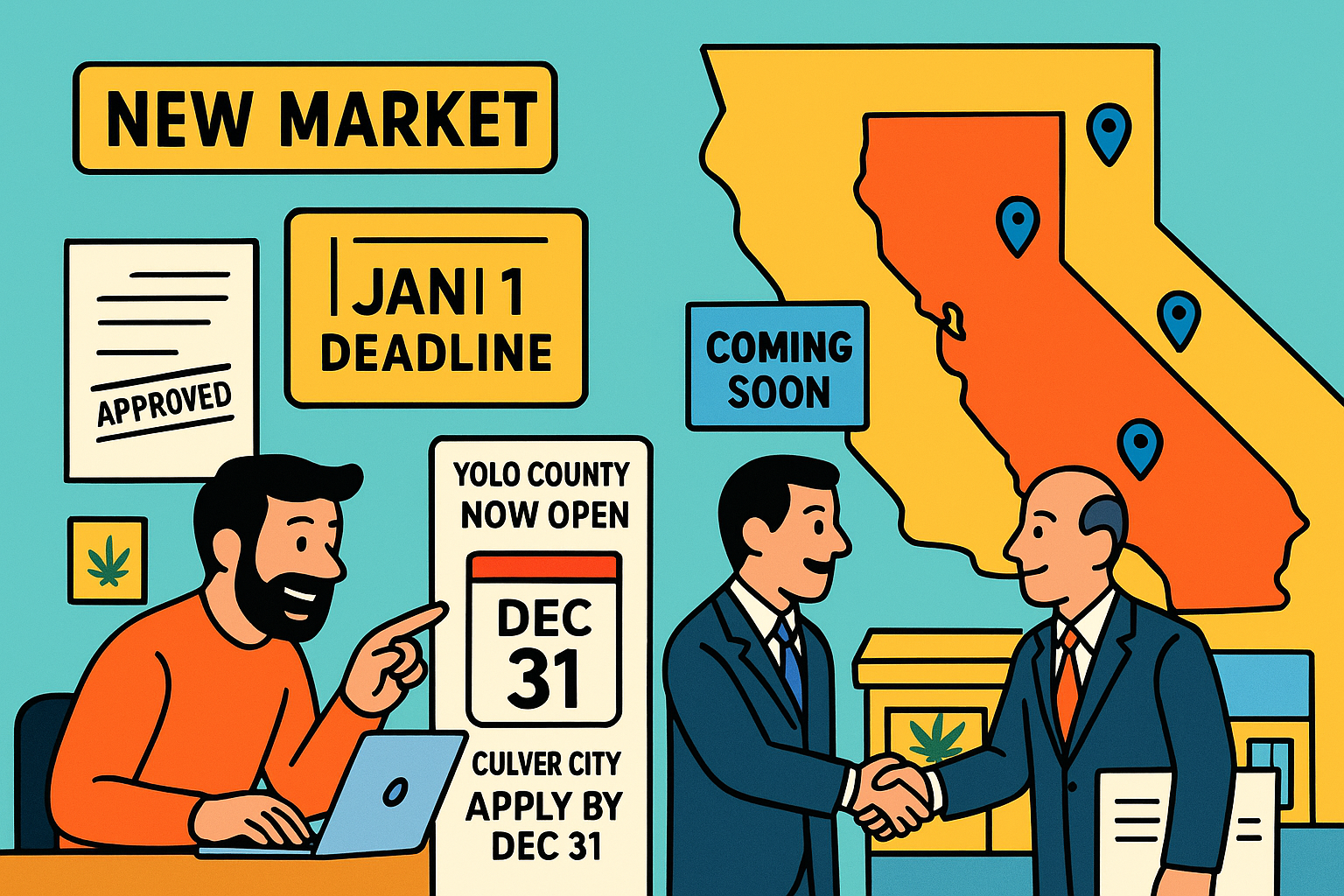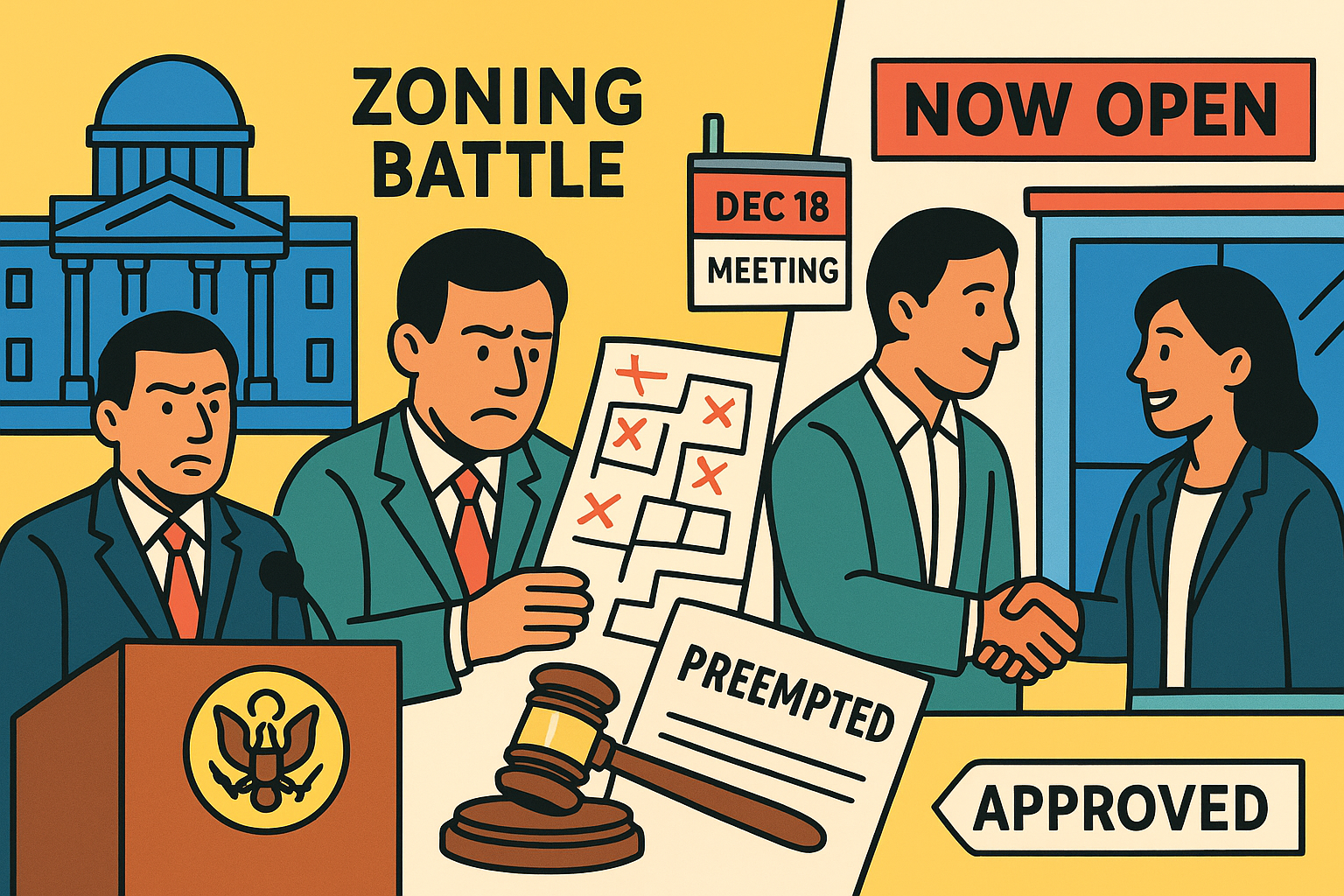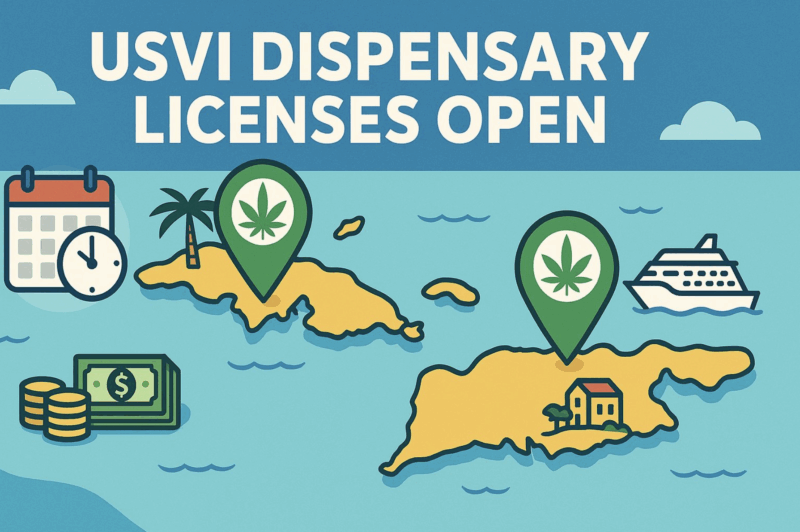As many of you are aware, there is an abundance of opportunity in Illinois’ social equity sector. Licensees / awardees are aggressively working with State to get the program commercial after a chaotic launch in 2019 and the ensuing (and predictable) litigation delays. Unfortunately, the program has garnered major stigma, particularly in 2022, as evidenced by minimal investment activity and therefore minimum business openings.
Nonetheless, the Land of Lincoln has been leaning in to improve the social equity class in big ways, including allowing ownership transfers to non-social equity entities (subject to strict rules and restrictions), and providing rights to relocate for craft cultivation, transport or infuser license anywhere in the State, with local municipal approval. More recent efforts involve granting extensions, thus allowing licensees more time to find real estate and open their doors, providing forgivable loan funds directly to licensees (ie: up to $500K for craft cultivators), and a new lottery for 55 additional social equity licenses across all 17 BLS regions. Applications began Jan30 and awards by July 2023 (ish).
In addition to these incentives, trade groups are putting the full court press on the State for additional rights to ameliorate program delays, such as expanding the initial flower cap (from 5K/SF to 14K/SF), doubling of the maximum canopy (from 14K/SF to 30K/SF) and co-location of multiple licenses at the same facility. While these lobbying efforts are works in progress, the State’s willingness to consider them is apparent, and has potential to further improve the 2023 outlook, versus the basement dwelling of the last 2-3 years.

Looking at recent transactions, activity is scarce, due to a perfect storm of macro and micro conditions. Fed tightening and rising costs of capital are the main culprit and have shut down capital markets activity in a big way. “Vintage” flag planters (ie: larger operators, pubcos and MSOs) who traditionally fuel M&A, are in a holding pattern and protecting assets, rather than expanding. Also, “brinkmanship” between counterparties is alive and well, as Illinois’ regulatory uncertainty has made it difficult to set steady valuations and would-be investors are simply playing the waiting game until the market stabilizes. Not surprisingly, licensees are also being very selective with whom they do business, as intangibles, core values and ESG come into play when choosing an investor. Therefore, not every pretty investor is the perfect fit.
It would not be fair to call Illinois’ social equity market coherent (yet), but we are seeing signs of warming in early 2023, as more realistic expectations and terms are discussed between licensees and investors, compared to previous years. We know of multiple transactions going under term sheet in January (knock on wood) as the pressure relief valve seems to have broken.
CannDev believes IL investors / acquirers most likely to succeed in 2023 are those of a newer vintage (newer capital, newer company, newly expanding), as long as they’re serious. Here are some other things we’re seeing:
- While cash investments remain king, licensees are increasingly open to more creative structures to get deals done, such as seller-financing with meaningful cash down, and joint-ventures.
- We are seeing a favored investor template emerge that prioritizes serious parties – rather than tire kickers and horse stalkers who waste precious time. License holders easily see through this vapor and have learned from being stalked in the past.
- Serious investors should be prepared to demonstrate financial wherewithal via proof of funds that show their ability to cover not only upfront investments, but also future funds to build and operate.
- Investor-operators should be able to prove their operational expertise by showing existing cannabis operations in other locations and state(s). Startups and first-time investors are being shunned.
- There also needs to be value alignment between sides – not just social and community equity – but also business values. This is to ensure business partners are good stewards and will strive to preserve the values of the class at large.
- Finally, meaningful upfront liquid funds with reasonable protections for licensee and investor, with portions non-refundable (aka, breakup fee) in the event of bad faith by either side. A fast due diligence period and closing is also desirous.
One can say the above are just best practices in fundraising, but the inconvenient truth is, Illinois’ social equity market has been dysfunctional for quite some time, and all three sides (State, licensees and investors) share responsibility.
CannDev’s goal is to paint a hopeful picture, through observed behavior, this dysfunction is beginning to wane and markets coalescing. We predict 2023 to be the year social equity “normalizes”, because of all the positive change we see.
If you are interested in learning more about the Illinois cannabis market, please fill out this simple form, and we’ll get back to you quickly.




